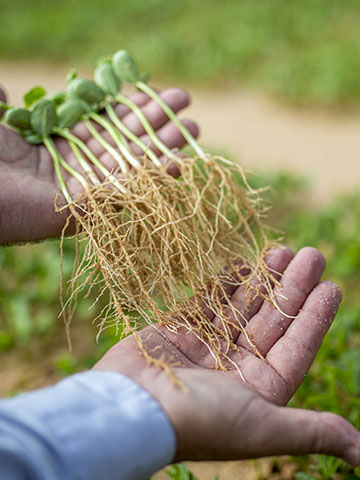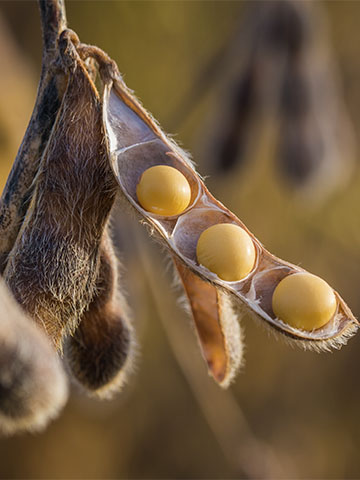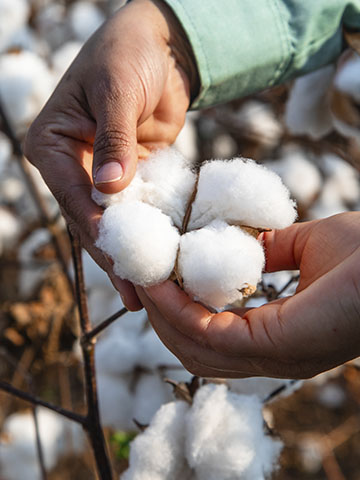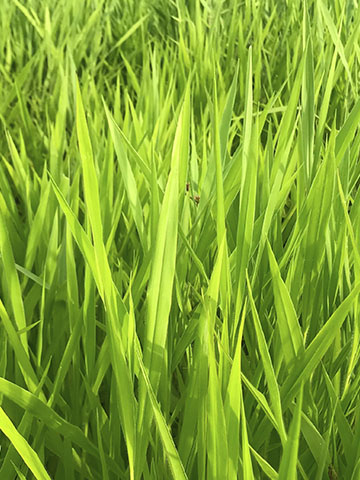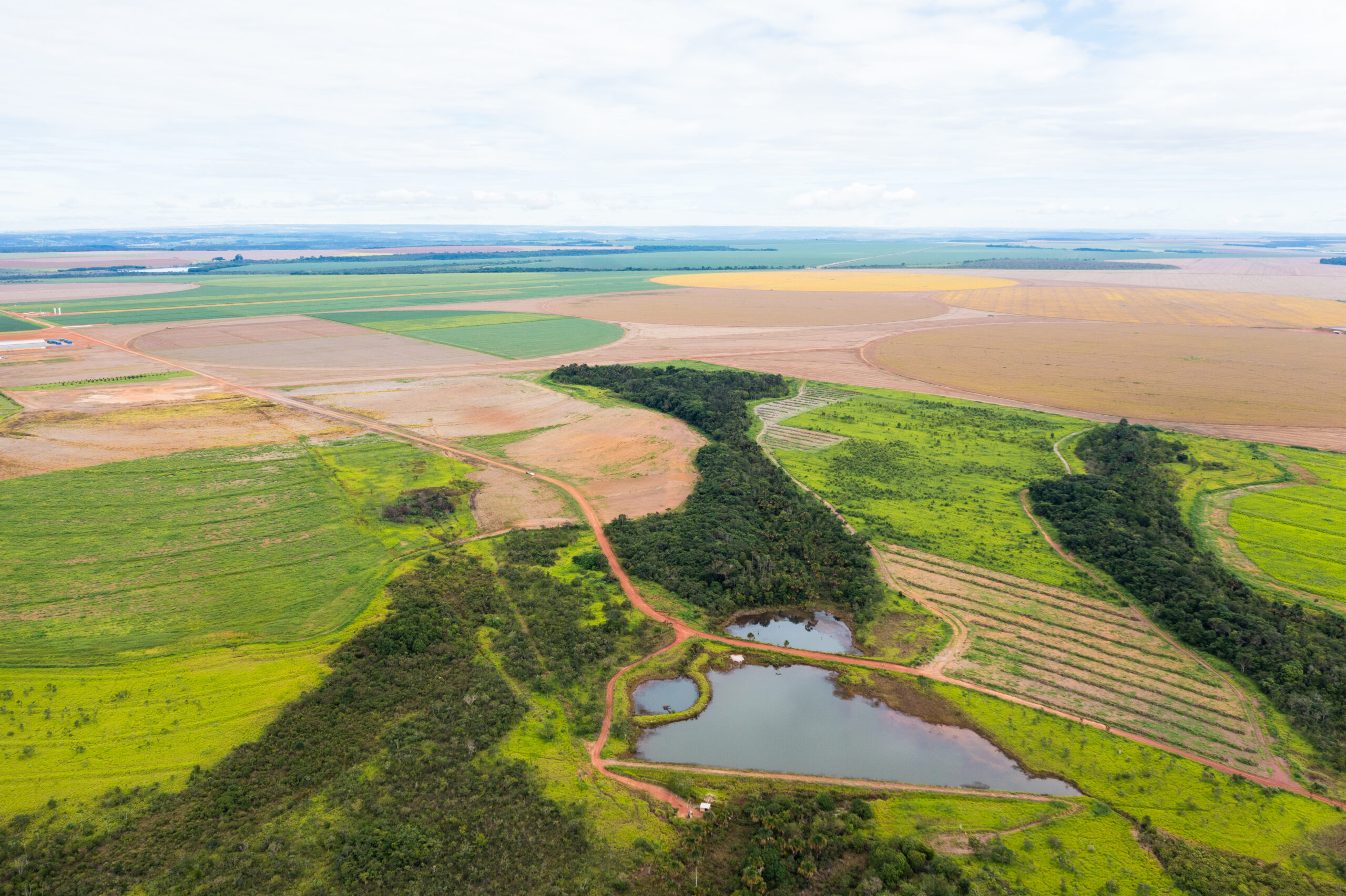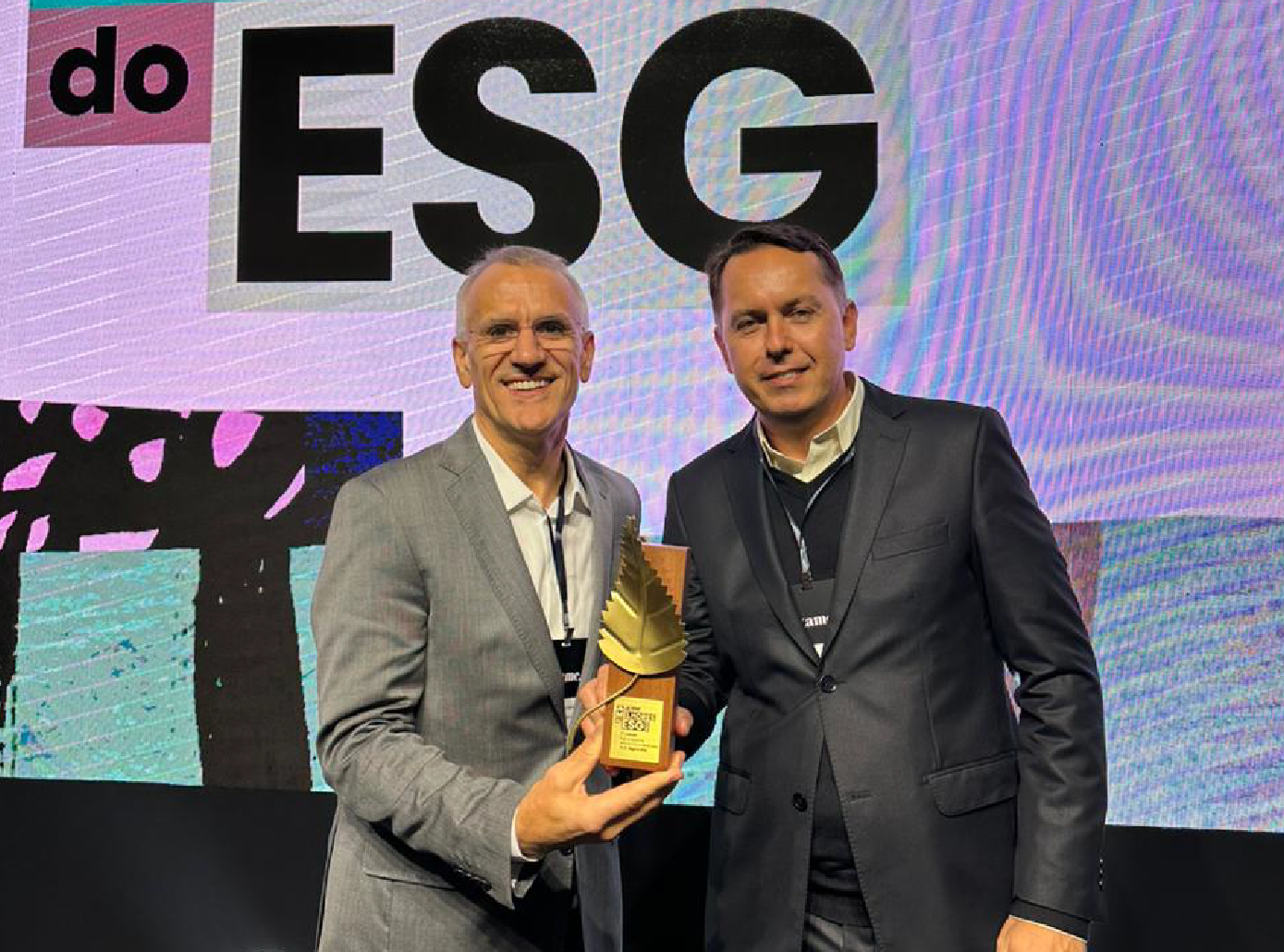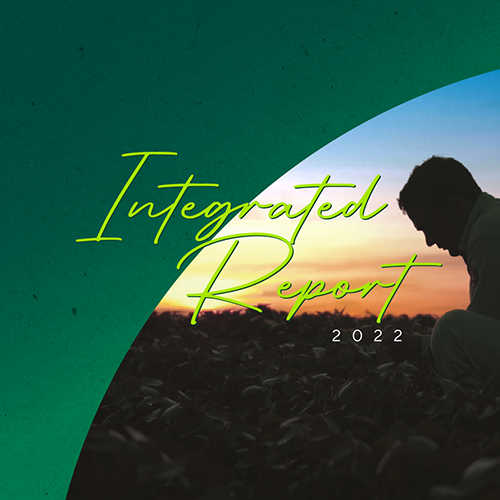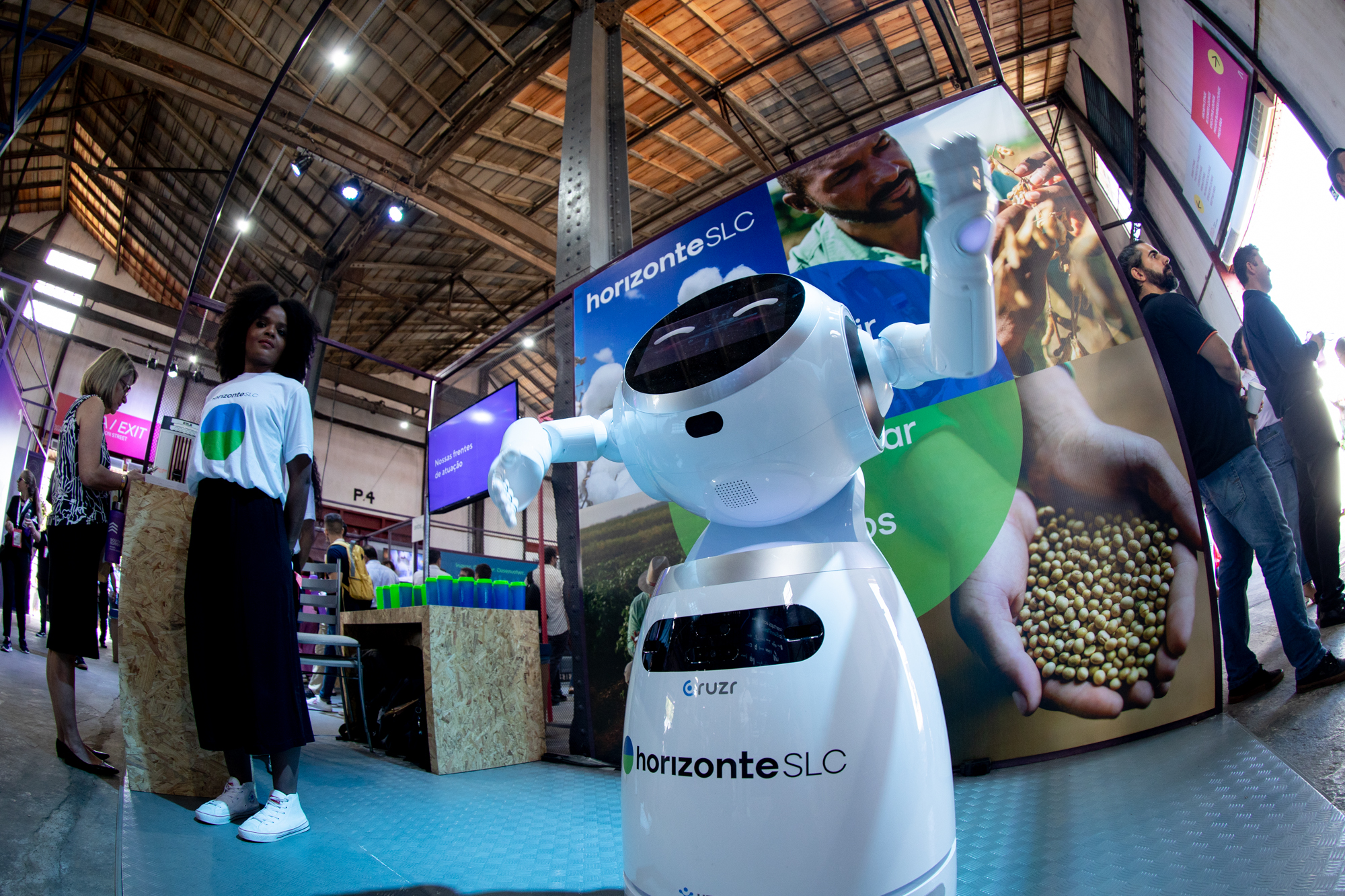Sustainable agriculture is imperative and requires joint efforts from many players. But it seems that gradually, many people are already pitching in and some of those involved in the agricultural, environmental, academic and business areas have come together to carry out programs to help farmers expand the implementation of sustainable practices. SLC Agrícola integrates these partnerships for the environmental regularization and restoration of 100 thousand hectares of permanent protection areas and legal reserves, strengthening its commitment to society and biodiversity.
In one of these partnerships, alongside Cargill and among other players, 100,000 hectares of Brazilian biomes will be restored in five years. In addition to the positive impact on the ecosystem and biodiversity, restoration programs will result in better living conditions for farmers and more innovation, providing a more efficient and large-scale restoration.
The development of the restoration program brought together some of the most relevant restoration specialists in Brazil during one year, including professors and researchers from important Brazilian universities and institutions such as Agroicone, Associação de Agricultores e Irrigantes da Bahia (Aiba), Bioflora, Cargill, Conservation International (CI), Instituto Perene, SLC Agrícola, Solidaridad, Way Carbon and World Resources Institute (WRI)
In the pilot phase, seven restoration projects were selected in different biomes, which will soon begin to be reborn. Together they add up to a total of 6 thousand hectares in restoration. The following projects are supported: 1) Territórios da Mata [forest territories], in Machadinho (RS), with Solidaridad; 2) Inciativa Verde [green initiative], with Agroícone and Caminhos da Semente; 3) Rede de Sementes do Cerrado [Cerrado seed network], with Araticum, ICMBio and rural cooperatives of local communities; 4) PRETATERRA, with the UBS Optimus fund; 5) Restaura Tocantins [restore Tocantins], with the state government and Instituto Perene; 6) Orla do Lago Paranoá, with the government of the Federal District; 7) Fazenda São Geraldo [São Geraldo farm], in partnership with Bioflora.
